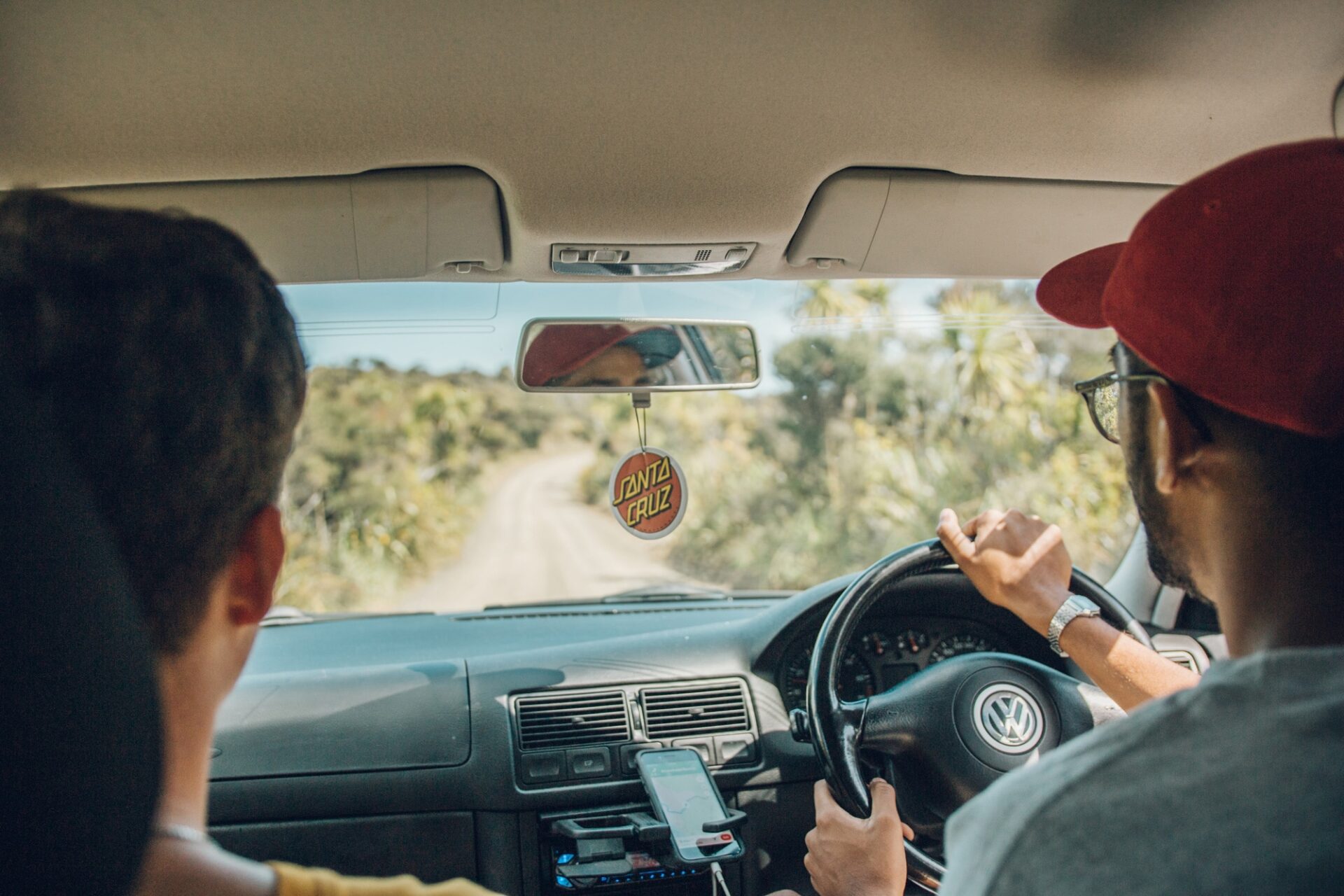
Real problem, random response
Will Tregoning
22.10.14
Driving while impaired is clearly irresponsible and unfair to other road users. That’s why we have random breath testing for alcohol. The legal blood alcohol limits are based on empirical research about how alcohol affects driving ability.
Over the last few years, Australian states have begun testing motorists for illicit drugs as well. Driving while impaired by illicit drugs is no less irresponsible than driving under the influence of alcohol.
The problem is that there isn’t a test, like breath testing for alcohol, that can measure impairment for other drugs. The saliva tests used for roadside drug testing in Australia only detect the presence of particular substances – a driver who tests positive is quite likely not impaired. (It’s also the case that many drugs that are known to cause impairment to driving ability are not tested for – including pharmaceutical medications like benzodiazepines and opiates.)
New study from South Australia identifies road safety costs of random drug testing
The Adelaide Advertiser has reported on a recent study by the Centre for Automotive Safety Research at the University of Adelaide, that found that roadside drug testing by police was diverting police resources away from roadside alcohol testing, and that the net effect was to undermine road safety. They also noted that drink driving is known to make a crash 30 times more likely, but cannabis only doubles the likelihood.
The researchers concluded that ‘the results of this study emphasise that, although drug driving is clearly a problem, the most important form of impaired driving that needs to be the target of enforcement is drink driving. Roadside drug testing is important but should not be conducted in such a way that reduces the deterrent value of random breath testing.’
This isn’t the first time that some pretty fundamental questions have been asked of the roadside random drug testing program.
It’s a program that’s popular with the media and politicians, but is that popularity justified?
Law enforcement, responsibility and human rights
In 2008 the ACT Human Rights Commission was invited to review the ACT legislation covering road safety, in anticipation of an amendment to allow roadside drug testing.
In considering the amendments, the Commission identified that…
Authorising police to conduct random drug testing of motorists involv[ing] the provision of saliva or blood, without the request being based upon a reasonable suspicion, actively engages the following rights [Human Rights Act 2004]:
- The right not to be arbitrarily detained or arrested, s. 18 of the HR Act;
- The right not to be subjected to medical treatment without first freely consenting – s. 10 (2) of the HR Act;
- The right against arbitrary interference with an individual’s privacy, s. 12 of the HR Act;
- The right to a fair trial, s. 21 of the HR Act; and
- The rights of children to be treated in a way that is appropriate for their age, which includes ss. 11(2) and 20(2) of the HRA Act.
The Commission advised that…
Unless the decision to request and compel an individual to submit to a drug test is underpinned by a legislative requirement that the decision be founded on a ‘reasonable suspicion of impairment’, then the [random] drug testing regime proposed for ACT drivers may not be considered a reasonable limitation on those rights outlined above.
Even though driving while impaired by drugs causes far less mortality and morbidity overall than driving while impaired by alcohol, it’s still a problem that needs to be addressed. But saliva tests are not an appropriate response. The ACT Human Rights Commission made the following recommendations:
The Commission acknowledges that the objective of addressing the risks to community safety associated with drug driving is important and significant.
As the Commission supports a ‘reasonable suspicion’ basis for drug testing, it suggests that automatic testing of samples taken following a motor vehicle accident where the driver’s behaviour appears to be impaired would be a reasonable limitation on an individual’s human rights.
The Commission is [also] supportive of a broad range of strategies being adopted to address the incident of drug driving in the ACT that focus on rehabilitation and education regardless of whether the existing road transport legislation is amended to include drug testing of ACT drivers. Young people in particular have acted responsibly to past campaigns emphasising the need for a designated driver in a group of friends travelling from social functions.
The bottom line
Given that the tests identify the presence of drug, rather than impairment, then drivers who test positive but are not impaired will unjustly suffer legal consequences, even though they have not acted irresponsibly towards other road users.
On empirical and human rights grounds, random roadside drug testing looks like the kind of lazy, falsely-moral public policy response that adds harm while doing little to address a real problem.
Photo Credit:
Zac Harris on Unsplash
Sign up
Sign up for movement news and opportunities to get involved
We are building a movement to make drug use legal and safe in Australia so that everyone has a better chance to lead a healthy and happy life.